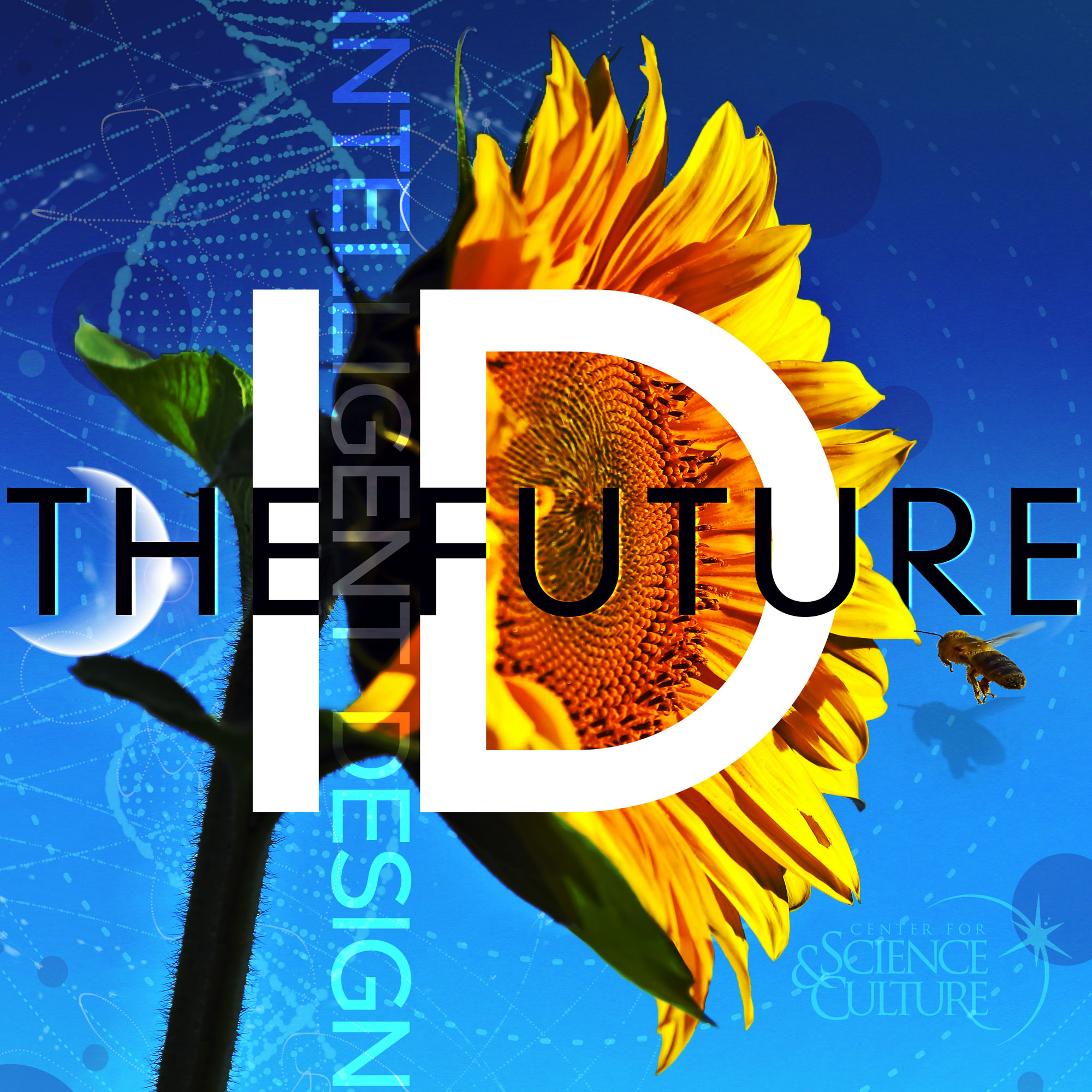- After-Shows
- Alternative
- Animals
- Animation
- Arts
- Astronomy
- Automotive
- Aviation
- Baseball
- Basketball
- Beauty
- Books
- Buddhism
- Business
- Careers
- Chemistry
- Christianity
- Climate
- Comedy
- Commentary
- Courses
- Crafts
- Cricket
- Cryptocurrency
- Culture
- Daily
- Design
- Documentary
- Drama
- Earth
- Education
- Entertainment
- Entrepreneurship
- Family
- Fantasy
- Fashion
- Fiction
- Film
- Fitness
- Food
- Football
- Games
- Garden
- Golf
- Government
- Health
- Hinduism
- History
- Hobbies
- Hockey
- Home
- How-To
- Improv
- Interviews
- Investing
- Islam
- Journals
- Judaism
- Kids
- Language
- Learning
- Leisure
- Life
- Management
- Manga
- Marketing
- Mathematics
- Medicine
- Mental
- Music
- Natural
- Nature
- News
- Non-Profit
- Nutrition
- Parenting
- Performing
- Personal
- Pets
- Philosophy
- Physics
- Places
- Politics
- Relationships
- Religion
- Reviews
- Role-Playing
- Rugby
- Running
- Science
- Self-Improvement
- Sexuality
- Soccer
- Social
- Society
- Spirituality
- Sports
- Stand-Up
- Stories
- Swimming
- TV
- Tabletop
- Technology
- Tennis
- Travel
- True Crime
- Episode-Games
- Visual
- Volleyball
- Weather
- Wilderness
- Wrestling
- Other
Revisionist History in the Cosmos TV Series
Is the Cosmos one big happy accident? Are science and religion mortal enemies? On this episode of ID the Future from the vault, Casey Luskin talks with Discovery Institute Senior Fellow Jay Richards about distortions and outright falsehoods presented in the 2014 reboot of the Cosmos TV series. Dr. Richards discusses how Cosmos: A Spacetime Odyssey presents science and religion as enemies by misrepresenting the lives of key figures in the history of modern science. "If you're going to tell that story of the warfare between Christianity and science, you absolutely have to have a martyr," says Richards. Both Copernicus and Galileo died peacefully, so the show spends an unusual amount of time animating the story of Dominican friar and mystic Giordano Bruno and his persecution by the Catholic Church. The problem? Bruno isn't a central character in the story of modern science, and he was executed for alleged theological crimes, not scientific ones. Richards goes on to discuss the show's misrepresentation of scientific giant Isaac Newton and even of the monotheistic ideas of the ancient Chinese philosopher Mozi. "What you get is the sense that religion and Christianity were either an enemy of science or at best they were incidental beliefs to early modern science that made no difference to scientific discovery. It's just not true." Source

